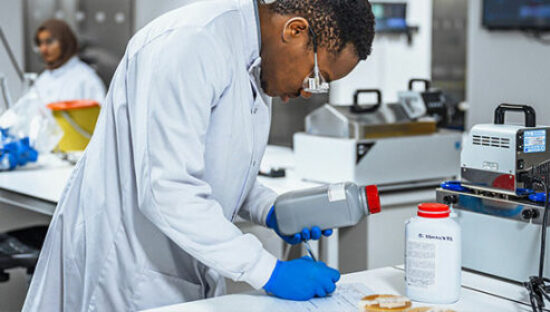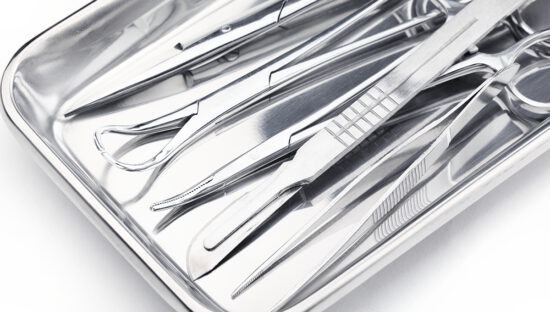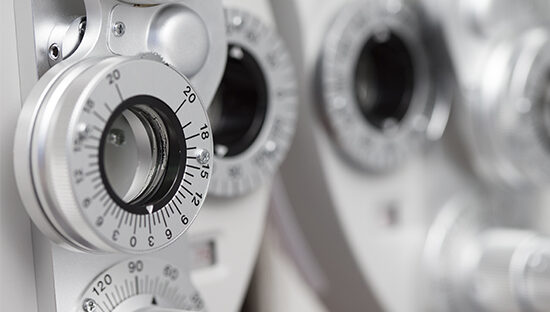
All currently valid Medical Device Directive (MDD) CE certificates are set to expire in May of this year, marking a critical juncture for EU and UK medical device manufacturers. This date holds significant weight as the EU Commission had anticipated all manufacturers with products on the EU market to transition to the new Medical Device Regulations (MDR) CE certificate, yet this expectation was not universally met.
MDR Implementation and Deadline Extension
The Regulation (EU) 2017/745 (MDR) was established to institute a more robust system of conformity assessments for medical devices in the EU market, becoming applicable since 26 May 2021. This regulation aimed to replace previous medical device directives, with transitional provisions extending to 26 May 2024. However, due to insufficient capacity among notified bodies and manufacturers’ inadequate preparedness to meet the MDR’s heightened requirements before the end of the transition period, the European Commission found it necessary to extend this deadline. Yet, this extension comes with a caveat – it is subject to certain conditions to ensure only devices that are safe and for which manufacturers have already taken steps to transition to the MDR will benefit from the additional time.

Notified Body Capacity Challenges and Market Impact
With challenges surrounding Notified Body capacity, the only way to remain on the market is either to possess a valid MDR CE certificate or secure an extension to current MDD CE certificates – achievable only through an MDR-certification application with a notified body. The situation echoes a real-world Thanos snap, posing a serious risk to our healthcare system as a significant number of devices are exposed to this risk.
All certificates issued after 25 May 2017 will be void at the latest on 27 May 2024. By this date there will be no more valid AIMDD/MDD certificates.
UK’s High Stakes: NHS Dependency and Supply Chain Vulnerability
Consider the scenario: should a manufacturer fail to meet MDR requirements, their products could swiftly be removed from the market, leading to potential shortages affecting patients reliant on critical devices like pacemakers or diagnostic tools. This impact extends beyond patient care, burdening healthcare providers with increased costs as they scramble to source alternative, potentially more expensive devices.
Moreover, non-compliance tarnishes the reputation of manufacturers and suppliers, eroding trust among healthcare providers, patients, and the public. This loss of trust can have far-reaching consequences, damaging businesses and disrupting the healthcare ecosystem.
In the context of the UK—which accounts for 12.1% of all medical devices sold within the UK and EU and hosts the NHS as its largest device consumer—the stakes are particularly high. The NHS’s battles with supply chain issues during the COVID-19 pandemic have underscored the critical need for robust, nearly constant monitoring of supply chains to guarantee a steady flow of compliant medical devices. The looming risk of shortages is not hypothetical but a tangible threat, highlighting the essential need for proactive planning and mitigation strategies.
This regulatory landscape casts a long shadow over medical device research and development. Despite the UK’s Medtech sector being among the fastest-growing globally, the intensified focus on regulation and compliance is siphoning resources away from innovation, potentially stalling advancements in vital areas such as orthopaedic implants or diagnostic equipment development. More and more, manufacturers are forced to prioritise regulatory compliance over groundbreaking product development, potentially slowing the pace of progress.
Call to Action: Preparedness for MDR Deadline
It is critical for UK medical device manufacturers and healthcare organisations to ensure they are fully prepared for the MDR deadline. Manufacturers must ensure their devices meet the stringent requirements set by the regulators, while healthcare organisations need to have comprehensive plans to mitigate both short-term and long-term supply chain disruptions. Navigating these regulatory challenges with adaptability and a commitment to innovation is essential for safeguarding the vitality of the UK’s medical device sector and, by extension, the overall healthcare system.
Recent UK government update on medical device regulations, emphasize the importance for manufacturers to take note that while an extension has been granted for certain CE marked medical devices to continue to be placed on the Great Britain market, a valid CE certificate remains essential. The government has taken measures to ensure the ongoing safe supply of medical devices to Great Britain, including the introduction of legislation extending the acceptance of CE marked medical devices.
However, manufacturers must still adhere to the requirements outlined in the regulations. While the extension provides temporary relief, compliance with regulatory standards remains key to ensure patient safety and maintain market access. Manufacturers should continue to prioritise obtaining and maintaining valid CE certificates.





